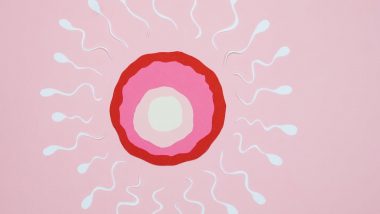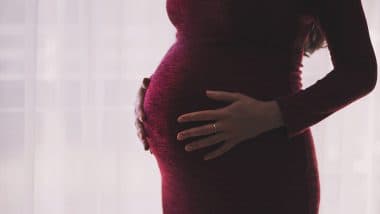Ohio, August 2: Not every woman goes through menopause in the same way. Many behavioural, biological, social, psychological, and demographic factors affect how severe menopause symptoms are. A recent study raises the possibility that infertility may potentially increase the likelihood of developing certain menopause symptoms, such as mood swings, irritability, and difficulty sleeping. The study's findings are now available online in Menopause, The Menopause Society’s journal.
The time of menopause onset and the frequency of menopause symptoms have been linked to a woman's reproductive history. There is some evidence that women with a history of infertility may experience earlier menopause and more severe menopause symptoms, despite the paucity of research on the relationship between infertility and the beginning of menopause or the severity of menopausal symptoms. Furthermore, undergoing stressful life events is linked to reports of increased menopause symptoms, and infertility has been proven to be as traumatic a life event as receiving a cancer diagnosis. National Hair Loss Awareness Month 2023: Everything to Know About the Month That Reminds Us To Take Care of Our Hair.
The goal of this new study involving nearly 700 midlife women was to specifically evaluate the effect of a lifetime history of infertility on the experience of menopause symptoms in midlife. Of the study participants, roughly one-third (36.6 per cent) reported ever experiencing infertility. This is higher than the national average of infertility overall that, according to at least one study (The Nurses’ Health Study), was estimated at 27.6 per cent.
Based on the findings, researchers in this new study concluded that women with a history of infertility had greater odds of experiencing sleep problems, depressive mood, and irritability. No association was documented between infertility and other common menopause symptoms such as hot flashes, vaginal dryness, or anxiety. Reed Jobs, Son of Late Apple Co-Founder Steve Jobs, Starts USD 200 Million VC Fund To Find New Cancer Treatments.
This is not the first time that infertility has been associated with depression. Prior studies have shown that 30 per cent to 60 per cent of women undergoing evaluation and treatment of infertility screen positive for depression. This is the first study, however, to show that a prior history of infertility is associated with depressive symptoms in midlife and could be considered a flag for increased screening for depressive symptoms in midlife.
Study results are published in the article “Exploring the relationship between history of infertility and the experience of menopausal symptoms.”
“This study shows an association between a history of infertility and increased odds of depression and sleep symptoms in midlife. Women in midlife with a history of infertility may benefit from increased screening for depression,” says Dr Stephanie Faubion, medical director for The Menopause Society.
(This is an unedited and auto-generated story from Syndicated News feed, LatestLY Staff may not have modified or edited the content body)













 Quickly
Quickly





















